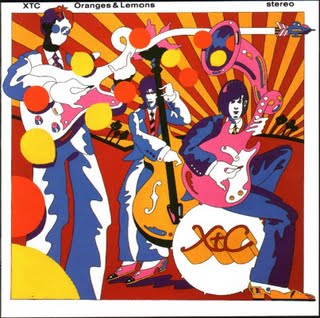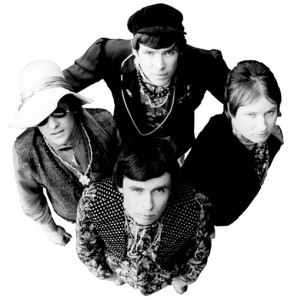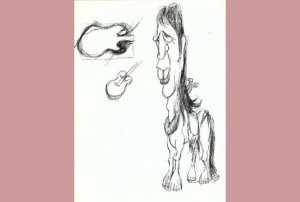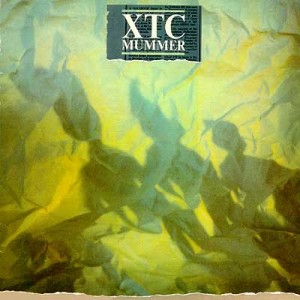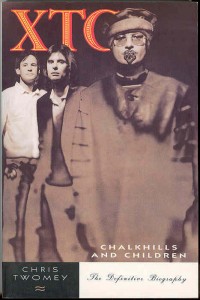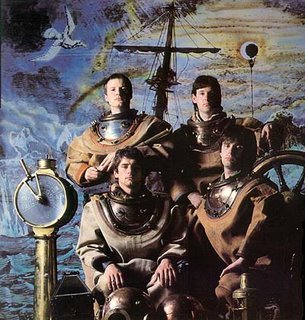This is Part 2 of the review. Head here for Part 1.
Colin’s contributions to XTC’s 1989 album come in the shape of “King For A Day”, “One Of The Millions” and “Cynical Days”. I must say that – in my opinion – he had never made such a sparkling contribution to an XTC album. “Skylarking” comes pretty close, but if I were hard pressed I would go for “Oranges & Lemons”. It seems to me that the pressure they all underwent during the “Skylarking” sessions enabled Colin to come up with songs he would have kept to himself otherwise. It is as if some barriers had been taken down, and this is specially true of the song “One Of The Millions” – “I never seem to do anything”, “I won’t rock the boat ’cause I’m scared what might happen”… If he is not speaking to his band mates, he is clearly speaking to himself.
A song which was virtually rewritten for the album was “Merely A Man”. Producer Paul Fox did really like the demo, but it turned out that Andy had written the tune as a wind-up for some music biz executives. Not to let their new (and young) producer down, he rewrote the lyrics and the song ended up being a standout, if only because of Dave’s thundering performance. Continue reading

